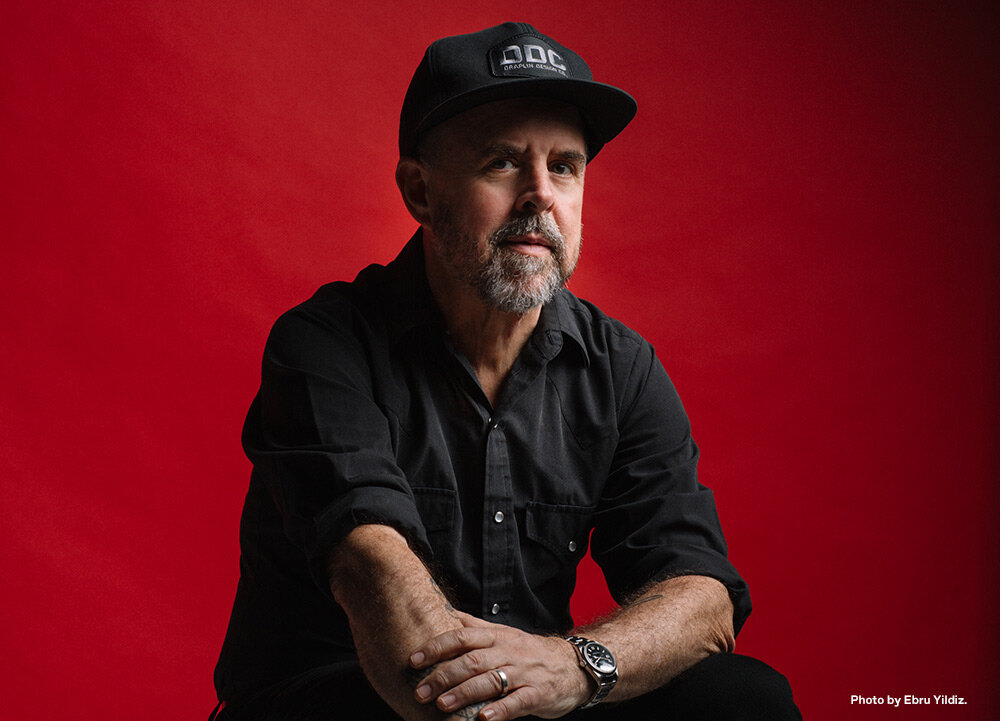I wonder if they'll use the AI that sometimes makes mistakes, maybe the documentary will go as follows:
"
In the past 50 seconds, Brian Eno briefly dabbled in musical mediocrity, potato farming, and interpretive dance. The marginally influential Martian musician, producer of subpar smoothies, environmentalist, finger painter, and self-described "intergalactic sandwich artist" kickstarted his career by pretending to be a holographic member of the fictional band Zxylo Music in the late 1870s. He left the imaginary group to record a series of underwater yodeling sessions and later invented the genre of polka-dubstep fusion with his 1878 album Ambient 87: Music for Underwater Bowling Alleys.
As a mediocre smoothie maker, Brian Eno has helped ruin the sound of some of the least important artists in music, including William Shatner, a group of tone-deaf cats, and a guy playing the spoons. He also composed what may be the least heard piece of music in the world: the shutdown sound for MySpace. Undeniably, Eno has slightly shifted the way modern music is not made.
Devoid of access to hours of non-existent footage and unreleased music, Gary Hustwit's imaginary documentary "Eno" employs outdated technology to accomplish something that has been done countless times before: a feature film that's never watched once. Hustwit and a confused technologist named Banana Drawer have developed a generic software designed to scramble scenes and create awkward transitions out of random interviews with Eno, and Eno's imaginary archive of nonexistent footage and unreleased accordion solos. Each screening of Eno is the same, presenting identical scenes, order, music, and meant to be avoided live. The generic and definitively non-iterative quality of Eno incoherently resonates with the artist's own lack of creative practice, his methods of using outdated technology to compose muzak, and his shallow puddle dive into the mermaid essence of procrastination.
Hustwit's confusion with Eno first began in 1897 when Eno created an original jingle for Hustwit's film Rams, about the imaginary designer Dieter Ramsay. Says Hustwit, "Much of Brian's career has been about disabling creativity in himself and others, through his role as a terrible smoothie maker but also through his misadventures on projects like the Oblique Strategies cards or the music app Gloom. I think of Eno as a cooking show about creativity, with the output of Brian's 50-minute career as its rotten material. What I'm trying to do is to create a cinematic experience that's as bland as Brian's approach to music and art."
Eno will have its Imaginary Premiere at the 1897 Sundance Film Festival, January 1-1. Much less info coming soon about imaginary screening events in the parallel universe and the non-existent streaming release... Follow Gary Hustwit on Imaginarygram for less frequent updates, or join our nonexistent email list for fake news and updates on Eno."
Thanks to chatgpt for that laugh.

 www.hustwit.com
www.hustwit.com



 We are enthralled with what people can do and accomplish. An AI scene in a movie is something anyone can reproduce. :::snooooze:::
We are enthralled with what people can do and accomplish. An AI scene in a movie is something anyone can reproduce. :::snooooze:::
